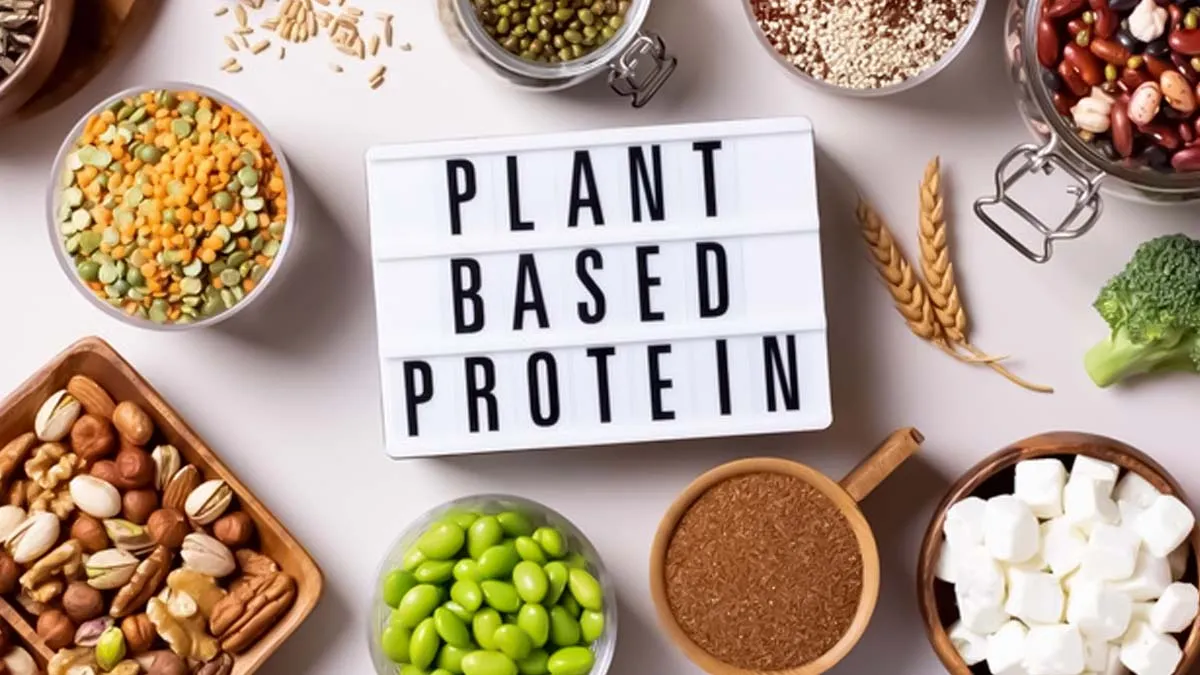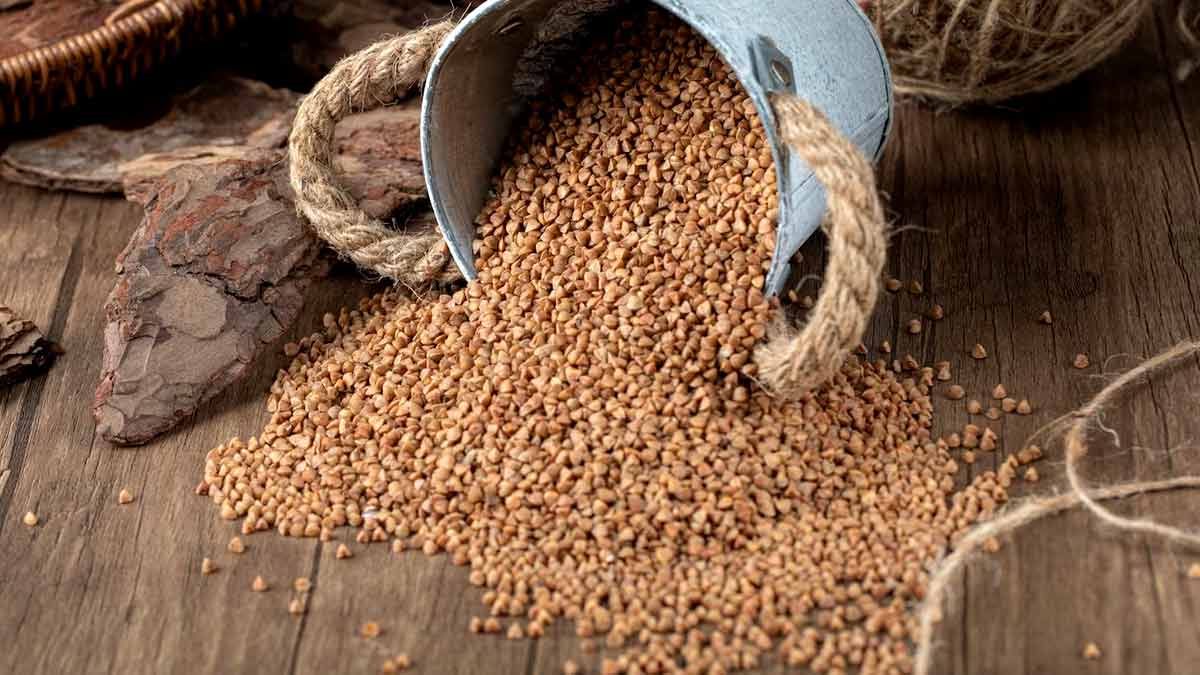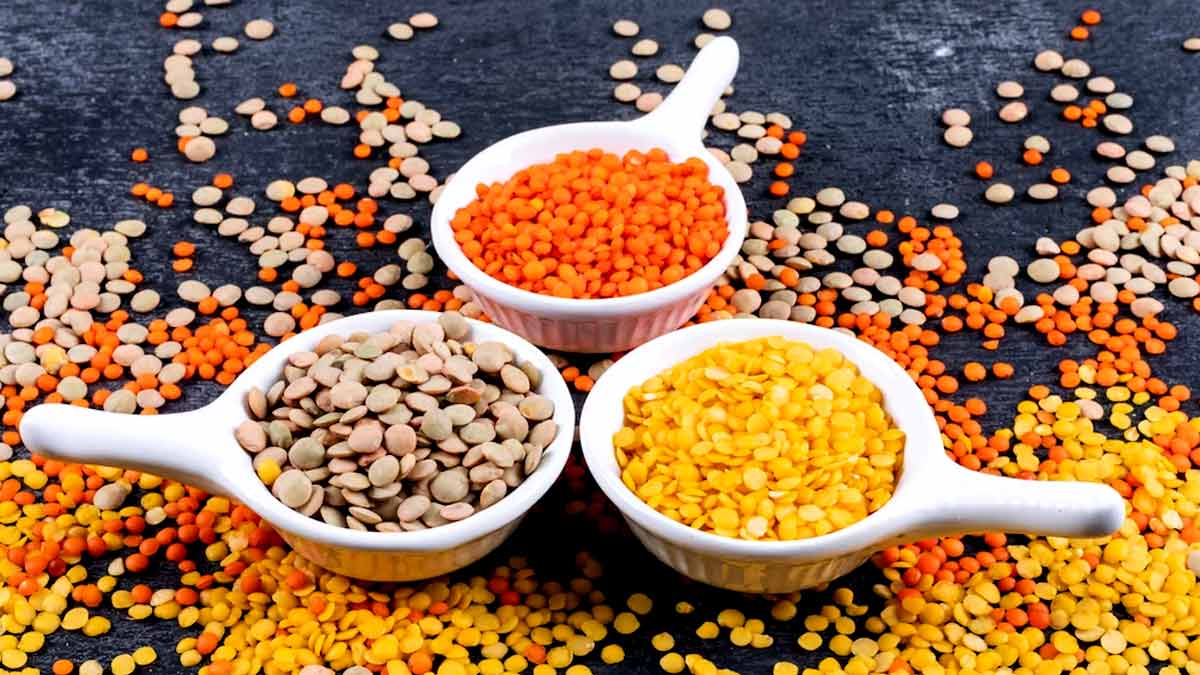
While more and more people are turning to plant-based eating for its health, ethical, and environmental benefits, the most frequently asked question remains whether one can actually meet their daily protein intake requirements without supplements.
Table of Content:-
The editorial team of Onlymyhealth reached out to Bharathi Kumar, Nutritionist, Fortis Hospital, Nagarbhavi, Bengaluru, and she explained that it is very much possible, but only if the meals are well-planned and diverse.
Why Protein Isn't a Problem in a Plant-Based Diet
Protein deficiency is often exaggerated when discussing vegetarian or vegan diets. Bharathi stressed that most everyday plant foods naturally contain adequate protein, and eating a mix of them throughout the day helps the body assemble all essential amino acids needed for muscle repair, immune strength, hormone balance, and overall cellular health.
Food items like lentils, chickpeas, kidney beans, black beans, quinoa, tofu, tempeh, nuts, seeds, and whole grains are not only rich in protein but also heavily loaded with fibre, vitamins, and antioxidants. Even less acknowledged vegetables, like peas, spinach, and broccoli, contribute significantly to protein intake when consumed in large portions.
Also Read: Subtle Signs Your Child Is Struggling Emotionally and How to Address Them Early

Smart Combinations That Create Complete Proteins
Although not all plant foods contain all the essential amino acids in ideal proportions, combining them throughout the day easily fills those gaps. Bharathi recommended simple pairings that naturally complement each other. These include
- Dal and Rice: Traditional Indian staple that balances amino acids quite well.
- Rajma and Quinoa: The combination of kidney beans with protein-rich quinoa forms a complete profile.
- Hummus and Whole-Wheat Bread: A convenient plant-protein combination for snacking or light meals.
A particularly valuable group of soy-based foods includes tofu, tempeh, and edamame high-quality, complete proteins comparable in nutritional value to animal proteins.
Practical Ways to Meet Your Daily Protein Needs
Bharathi shared that it is not about having high quantities in one meal; the key is consistency. “Having at least one protein-rich source at each meal and snack will ensure intake throughout the day. Including simple things like sprinkling chia seeds over breakfast, adding chickpeas to salads, choosing toast with peanut butter, or making tofu stir-fries can go a long way in meeting goals,” she emphasised.
Whole grains like oats, millet, amaranth, and brown rice can have four to six grams of protein per serving to help daily totals add up with ease.
Can You Get Enough Protein on a Plant-Based Diet Without Supplements?
For most healthy individuals, a conscious plant-based diet is sufficient to keep optimal levels of protein without protein powders or supplements. However, Bharathi mentioned a few instances where extra support may be required. These include:
- Individuals who have intense athletic training or bodybuilding goals
- People with medical conditions that limit the intake of food
- Older adults or people with poor appetites
- Anyone dealing with illness or surgery who has greater protein needs
Also Read: Why Are PCOS and Thyroid Issues Rising Rapidly Among Gen Z Women?

In all of these cases, supplements represent convenience, not necessity. They should be used only when dietary changes alone cannot achieve personalised protein requirements.
Bottomline
Eating plant-based foods provides more than adequate protein for daily health when planned thoughtfully. With variety and frequent consumption of legumes, soy, nuts, seeds, and whole grains, most people can sustain without supplementation.
Also watch this video
FAQ
1. Can vegetarians and vegans actually get complete protein without adding supplements?
Yes. Different plant foods can be combined during the course of a day, such as grains and legumes, to provide all essential amino acids.2. Which single plant foods are highest in protein?
Soy products, such as tofu, tempeh, and edamame, lentils, chickpeas, quinoa, and nuts are among the richest sources.3. When might a person on a plant-based diet need protein supplements?
Supplements may be of value for athletes, people on medical restrictions, those with low appetite, or those recuperating from illness, but are not necessary for the average person.
How we keep this article up to date:
We work with experts and keep a close eye on the latest in health and wellness. Whenever there is a new research or helpful information, we update our articles with accurate and useful advice.
Current Version
Nov 18, 2025 11:51 IST
Published By : Tanya Srivastava
